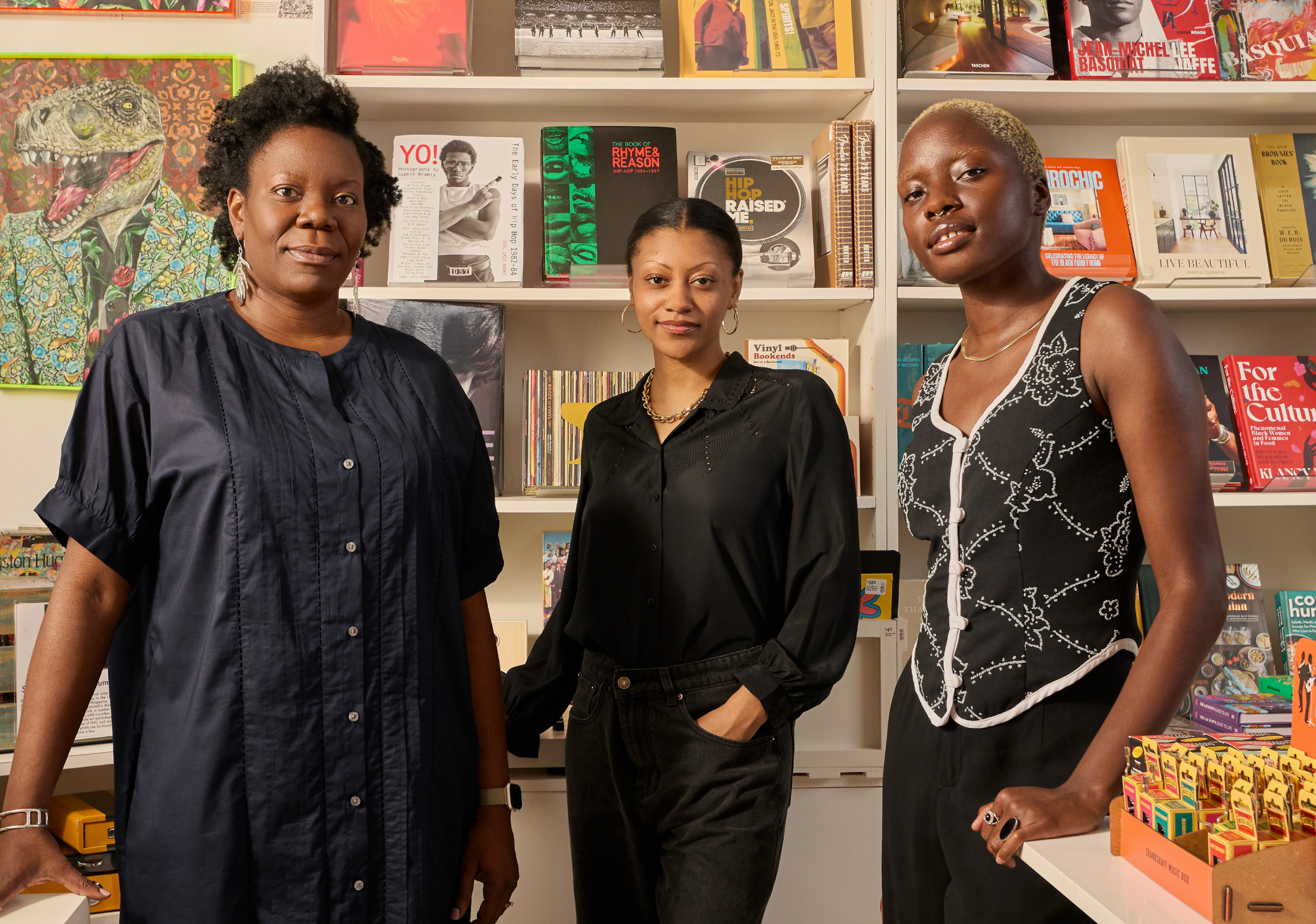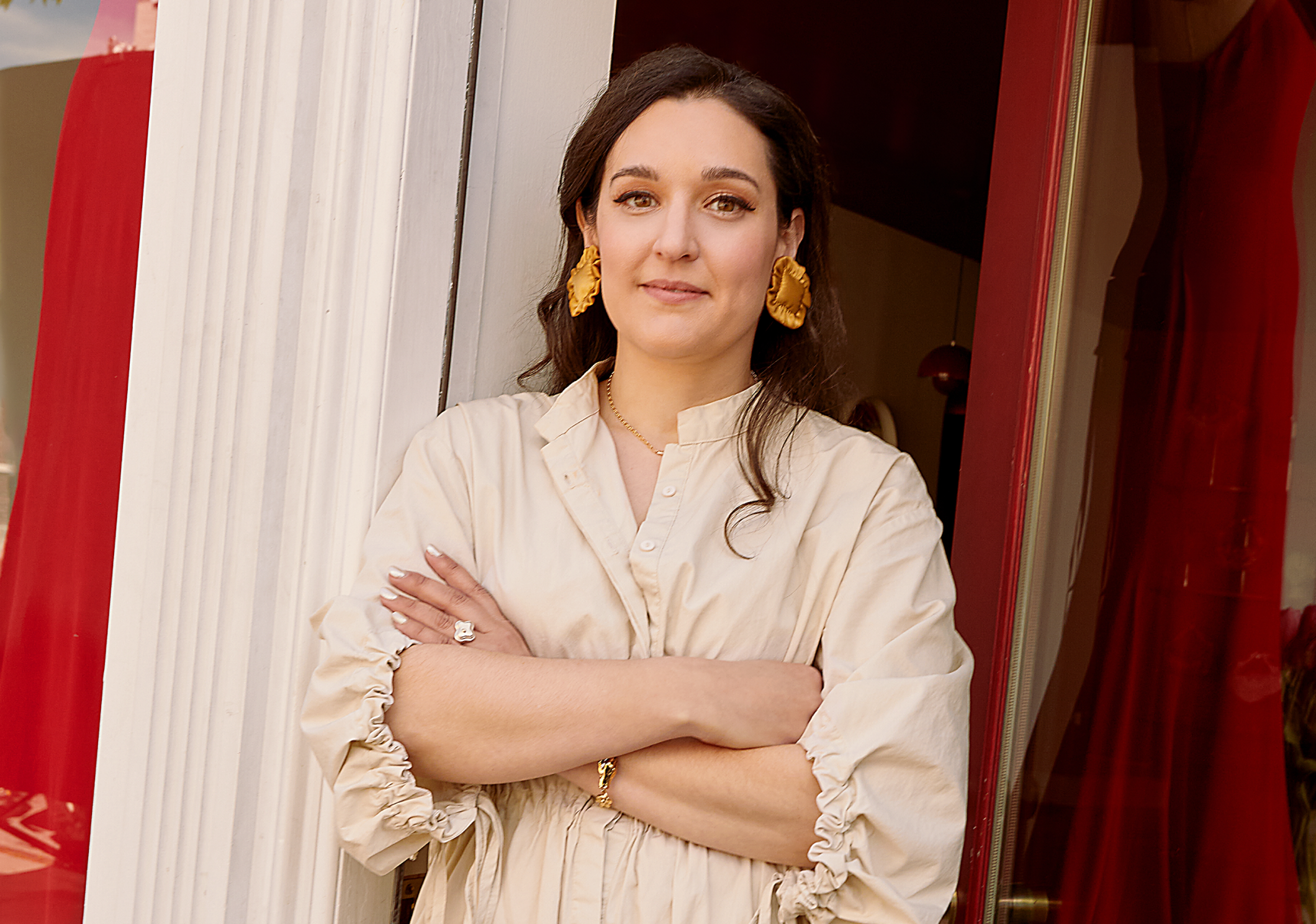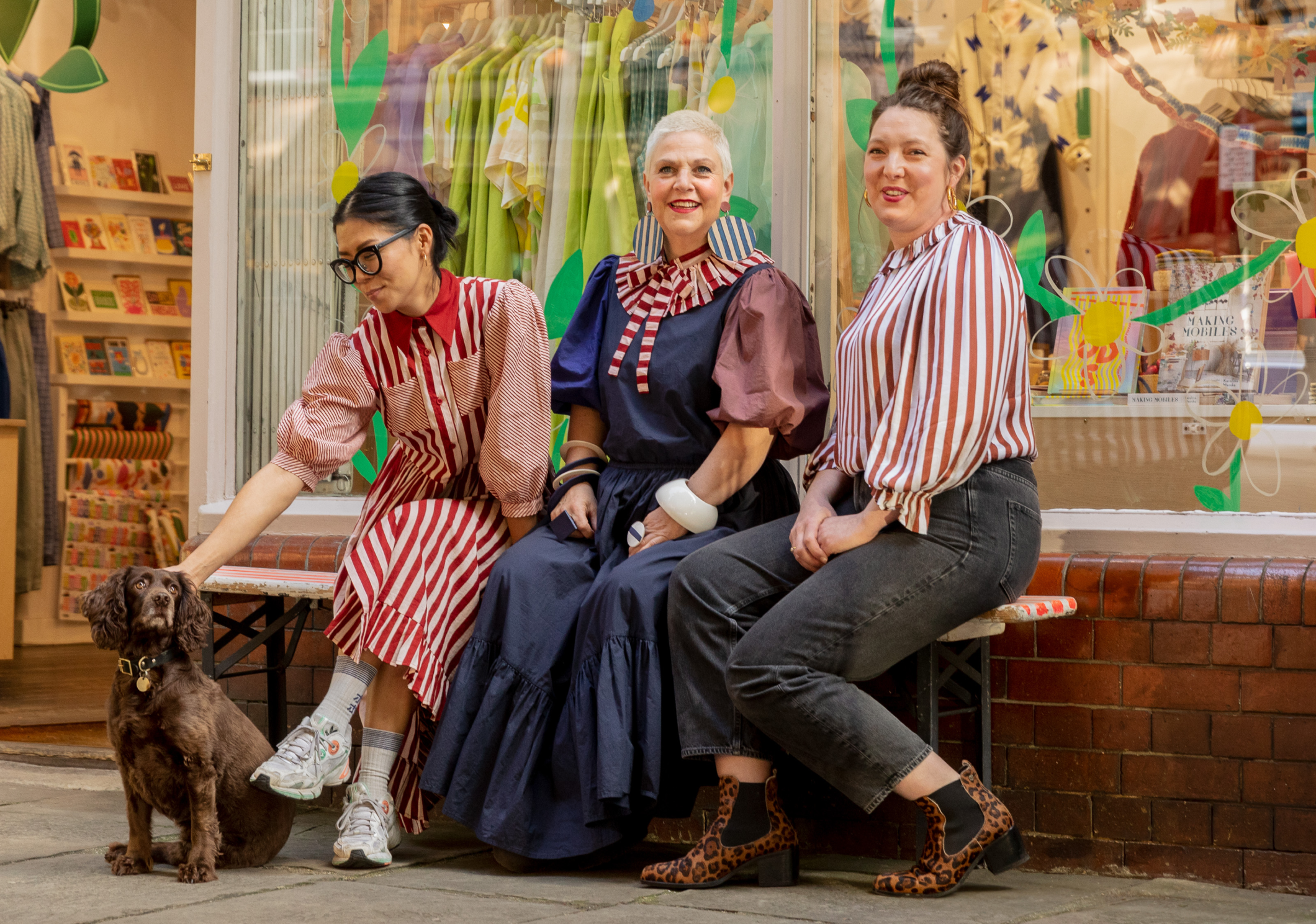

Meet Walker Noble, the Los Angeles-based founder of Walker Noble Studios who focuses on creating art at accessible price points that can be enjoyed by everyone. Our team recently spoke with Walker and learned more about his mission as an artist and business owner.
Artistic beginnings
Walker has been drawing, painting, and designing for as long as he can remember. “It was the first talent I knew I had as a child. My dad is artistic, my grandfather is artistic; it runs in the family.” However, after finishing college, Walker felt compelled to pursue a corporate career.
He left an Atlanta-based job in corporate sales in 2008, and viewed it as a serendipitous opportunity to work on his art. “I knew I had to pursue my creative side,” Walker said. I bought a one-way ticket to Los Angeles to pursue a career in art, design, and talent.”
Walker and his wife, Didi, reevaluated their goals upon relocating. “I decided that we have ten decades on this planet if we’re lucky,” Walker shared. “I’ve used up four of them already. I decided right then that I wanted to live the rest of my life the way I wanted and use my talents.”
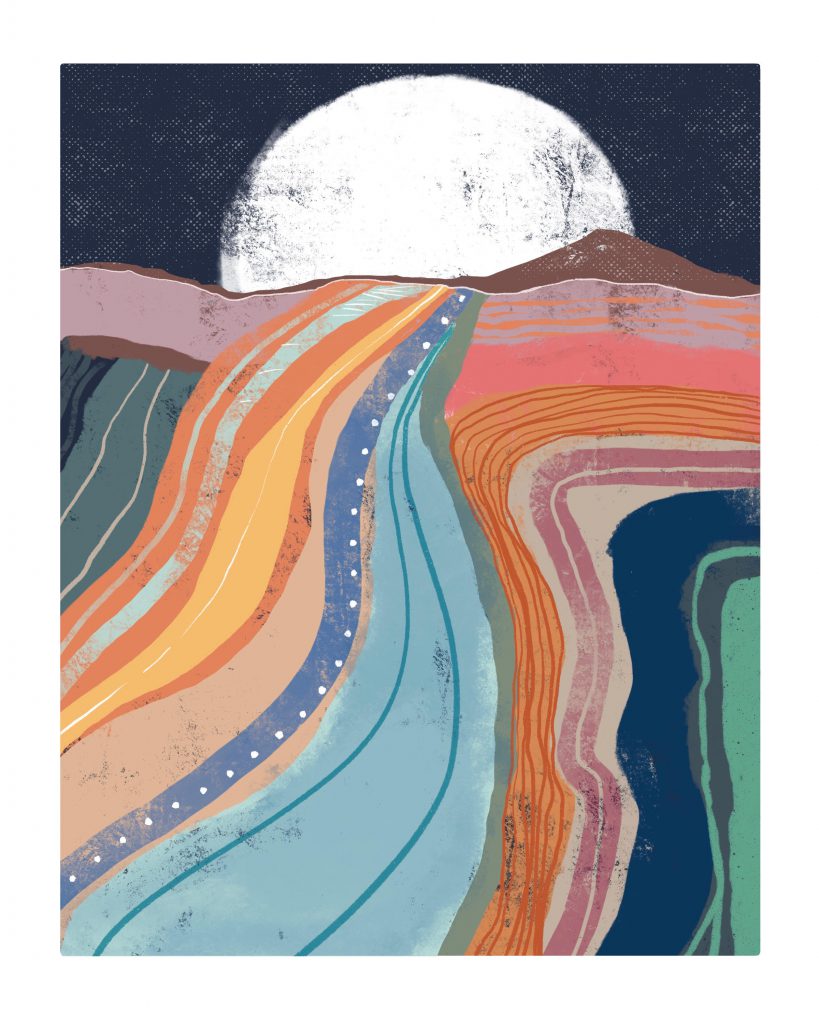
Developing a mission and aesthetic
Walker shaped his business and artwork based on his personal experiences and general outlook on creativity.
To start, Walker was mindful that art can be pricey—he wasn’t able to buy expensive art when he was growing up. He was inspired to incorporate accessibility into the mission of Walker Noble Studios by offering affordable artwork. “One of the guiding principles of our studio is that everyone should be able to enjoy art,” Walker told us. “Art is for everyone. Not just those with deep pockets.”
Walker’s aesthetic is centered on creating ambiance at home. “We spend 90% of time in our homes. It’s important to me that we have a place of refuge and calm.” He also noted that travel—and particularly the yearn to travel amid pandemic restrictions—inspires him.
For Walker, the creative process involves first shooting photographs for inspiration. Then, he brings the scenes to life using pen and ink, acrylic paint, and digital editing. His color palette incorporates desert hues, pastels, and earth tones.
Most of all, Walker aims to create art that is widely enjoyable. “Being an artist is like being a DJ. You make art that will be relatable and accepted. You’re not going to play the song that just you like, you’re going to play a song that appeals to the masses. And that’s my goal, to make the people dance.”
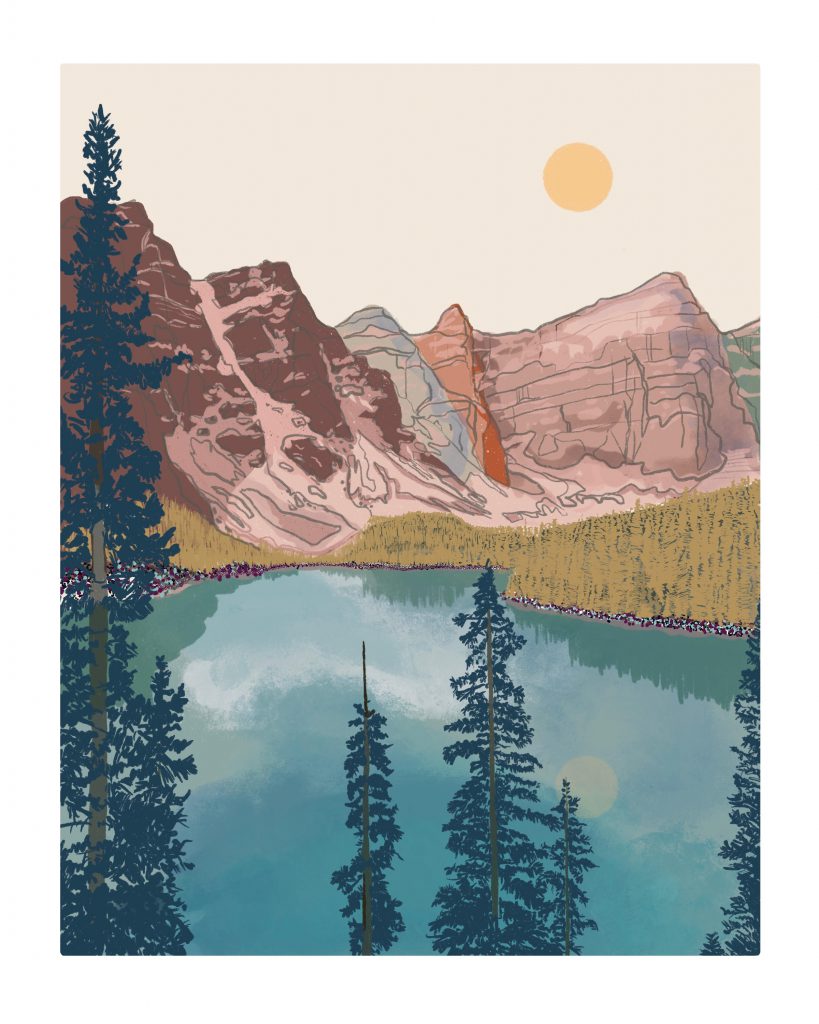
Advising fellow Black artists and businesses
Over the past year, Walker has observed how the Black Lives Matter movement has increased awareness and support for Black-owned brands. “When I walk into a room, I know that I am a Black man, and there is nothing wrong with that,” Walker said. “It’s who I am. I don’t allow that to hinder me or hold me back, but I am very aware of the challenges I face that are unique to BIPOC makers, female makers, or anyone who is looked over in our society.”
For Walker, being a Black artist means that he deeply understands what it’s like to not have every resource at his fingertips. “I am empathetic because of my experience; I want to make art that everyone can access.”
Walker is passionate about empowering Black artists to secure authentic, profitable partnerships. He has a few recommendations for his community and beyond:
- Prepare your infrastructure. First and foremost, ensure you have the right business foundations in place. “When my wife and I got our first influx of orders, we didn’t have the right infrastructure in place [to package and ship prints]. We ramped up quickly because we had to, but you need to be prepared.” When you receive a large order from a buyer, “it’s not a light knock. It’s a loud bang; they want your product and they want it now.”
- Know your value. “As a Black maker, you need to be upfront about what you want out of a relationship. Back out from any deals that don’t feel authentic.” Look for buyers who can commit to being an informed and educated partner.
- Be “hater-proof.” Make sure all of your boxes are checked. “Don’t give retailers a reason to back out of an order or a contract. Have your product, packaging, shipping, emails, and website ready to go so that, when [the opportunity arises], you’re ready.”

